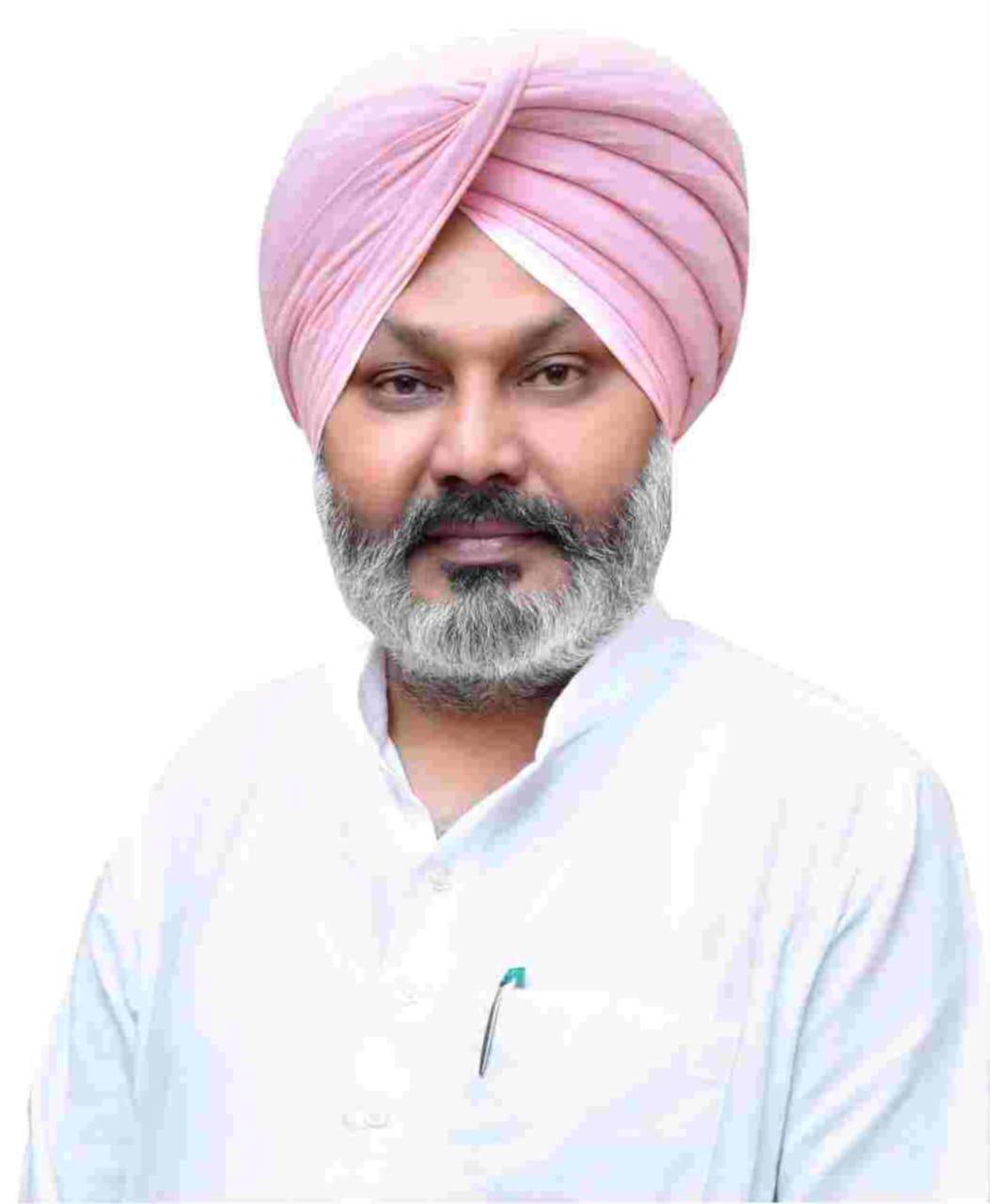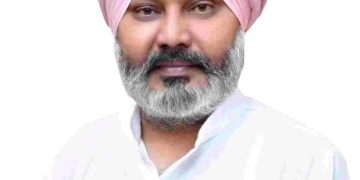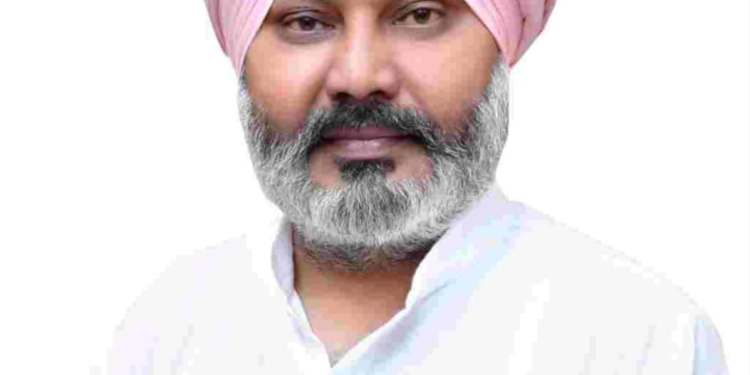Finance Minister Harpal Singh Cheema Pushes for GST Compensation and Research Grant Exemption at 54th GST Council Meeting
Punjab volunteers for pilot project on Business-to-Consumer e-invoicing to increase tax compliance

Chandigarh, September 11 (WISHAVWARTA):- Punjab Finance, Planning, Excise, and Taxation Minister Advocate Harpal Singh Cheema has apprised the GST Council that state’s effective taxation rate has significantly decreased since GST implementation, therefore considering the low GST Revenue, the Council must look at ways to compensate states that are losing revenue due to the implementation of GST. He also passionately advocated for exempting research grants from GST net, emphasizing education as a top priority for the Punjab Government.
In a press release summarizing the 54th GST Council meeting, the Excise department’s official spokesperson revealed that Finance Minister Harpal Singh Cheema informed the council that as tax rates under GST regime are no longer under state control, Punjab cannot offset losses resulting from change in tax system. Furthermore, since Punjab’s industries manufacture goods consumed in other states, the state receives lower IGST settlements. Given the low GST revenue, Minister Cheema urged the council to explore ways to compensate states losing revenue due to GST implementation. The GST Council acknowledged his suggestion and assured prompt action.
Finance Minister Cheema argued in favor of exempting research grants from GST, citing the importance of promoting education as a top priority for the Punjab Government. The GST Council agreed to exempt research grants, including private grants to government institutions, research associations, universities, colleges, and other institutions notified under Section 35 of the Income Tax Act.
Punjab welcomed the GST Council’s decisions to tax metal scrap on a reverse charge basis, along with TDS at 2% on B2B transactions. However, Minister Cheema recommended, re-examining the Reverse Charge Mechanism (RCM) rate on metal scrap, proposing a reduction to 5%. The GST Council took note of the suggestion and assured appropriate action on the matter raised by the Hon Minister.
Minister Cheema also advocated for reducing or exempting GST on premiums paid on health and term insurance, benefiting the common man. Although no consensus was reached, the Council recommended a Group of Ministers (GoM) to submit a report by October 2024.
The Finance Minister Harpal Singh Cheema also objected to recoveries from states due to a negative balance in the IGST ledger and recommended forming a committee of officers to assess the actual reasons for the negative balance. The Council agreed to this request.
The GST Council exempted ancillary services of transmission and distribution of electricity, and Minister Cheema requested prospective exemption and regularization of the past period on an ‘as is where is’ basis, which was accepted. Punjab also proposed imposing GST on commercial properties through the Reverse Charge Mechanism to simplify tax collection. The proposal was accepted unanimously by the Council.
Regarding the amendment to mandate furnishing of bank account details within 30 days of registration, Minister Cheema suggested reducing the timeframe to 15 days to prevent unscrupulous elements from entering the system while protecting genuine taxpayers. The Council agreed to consider the proposal.
Punjab volunteered for a pilot project on Business-to-Consumer e-invoicing to increase tax compliance. The GST Council also discussed the establishment of GST Appellate Tribunals, and Punjab is ready to set up the tribunal with the proposed location changed to Chandigarh and an additional bench in Jalandhar. It was informed that the said proposal of the Punjab Government to change the location of the principal bench and additional sitting bench had been accepted.






















